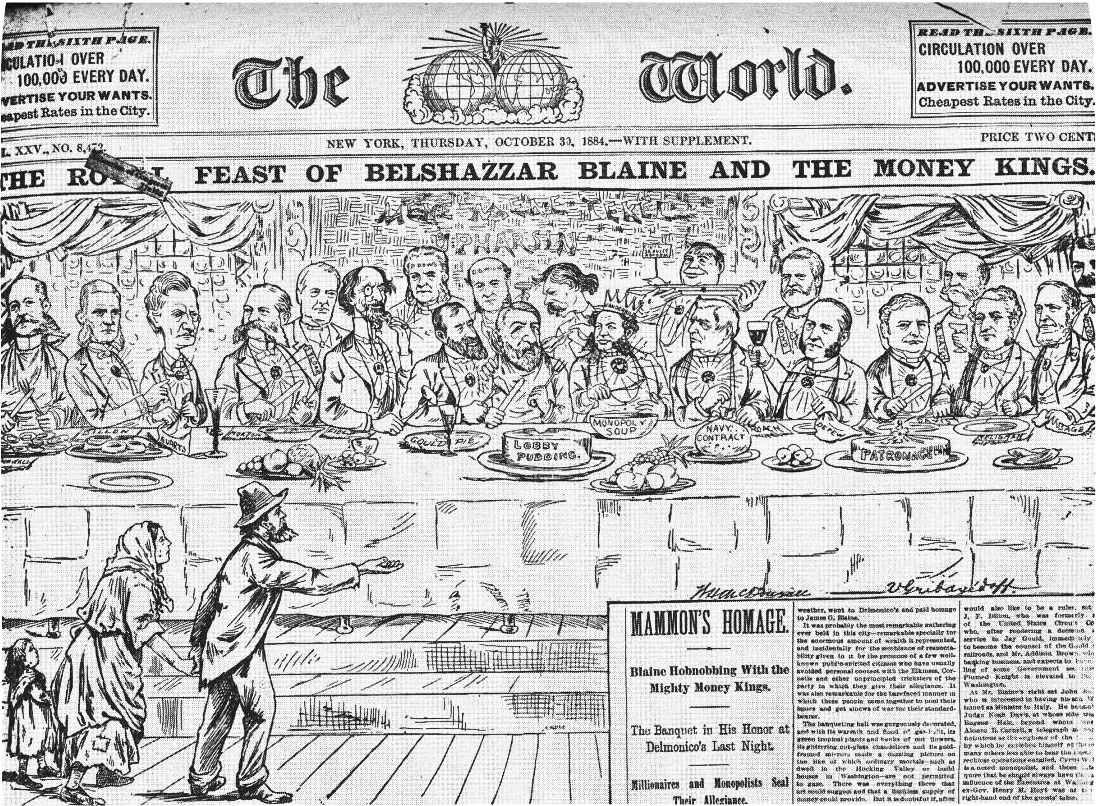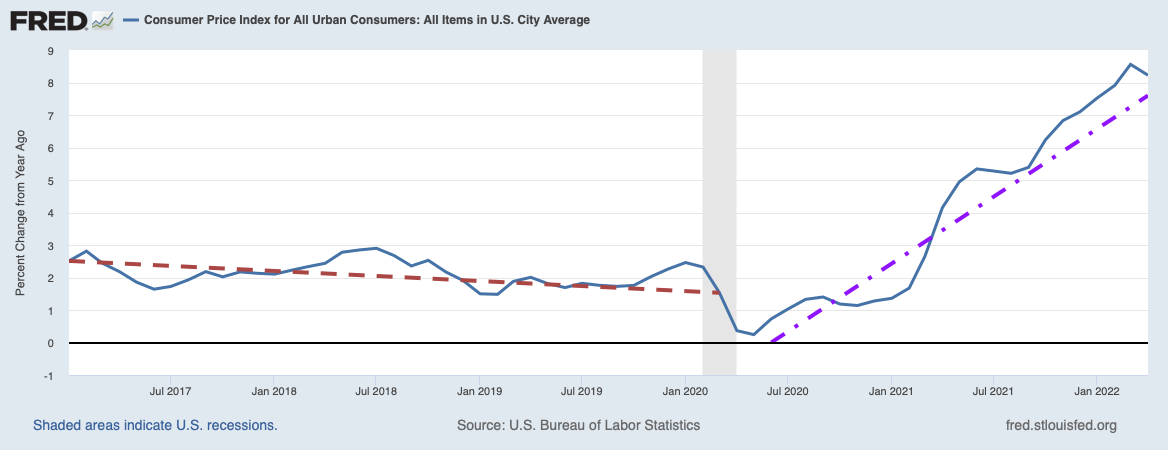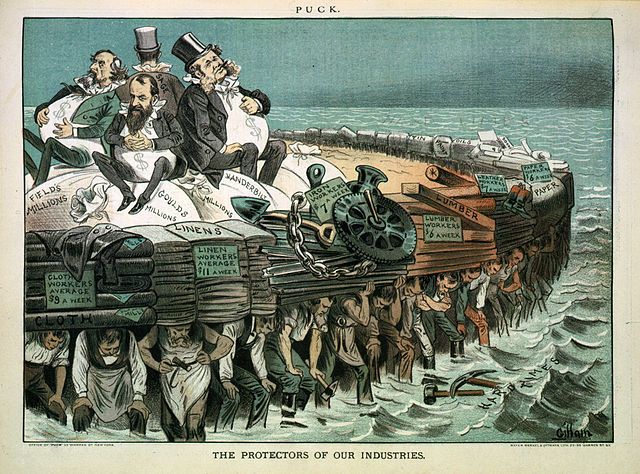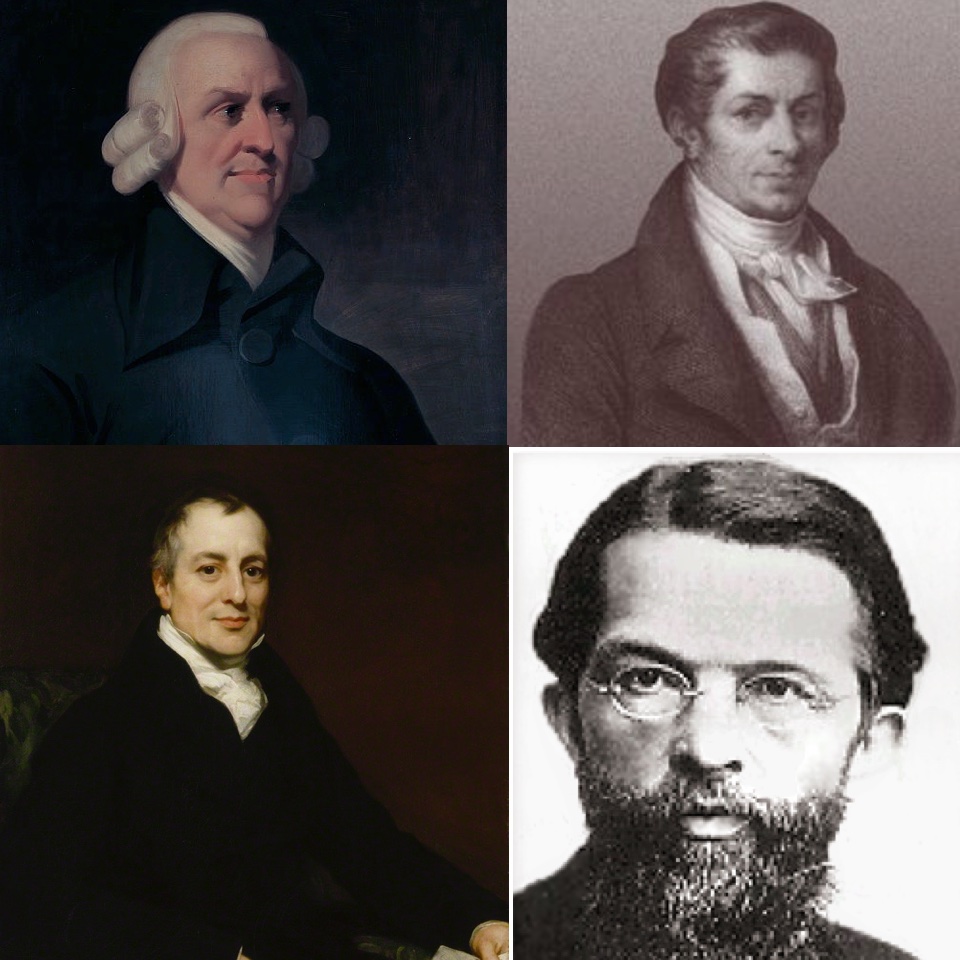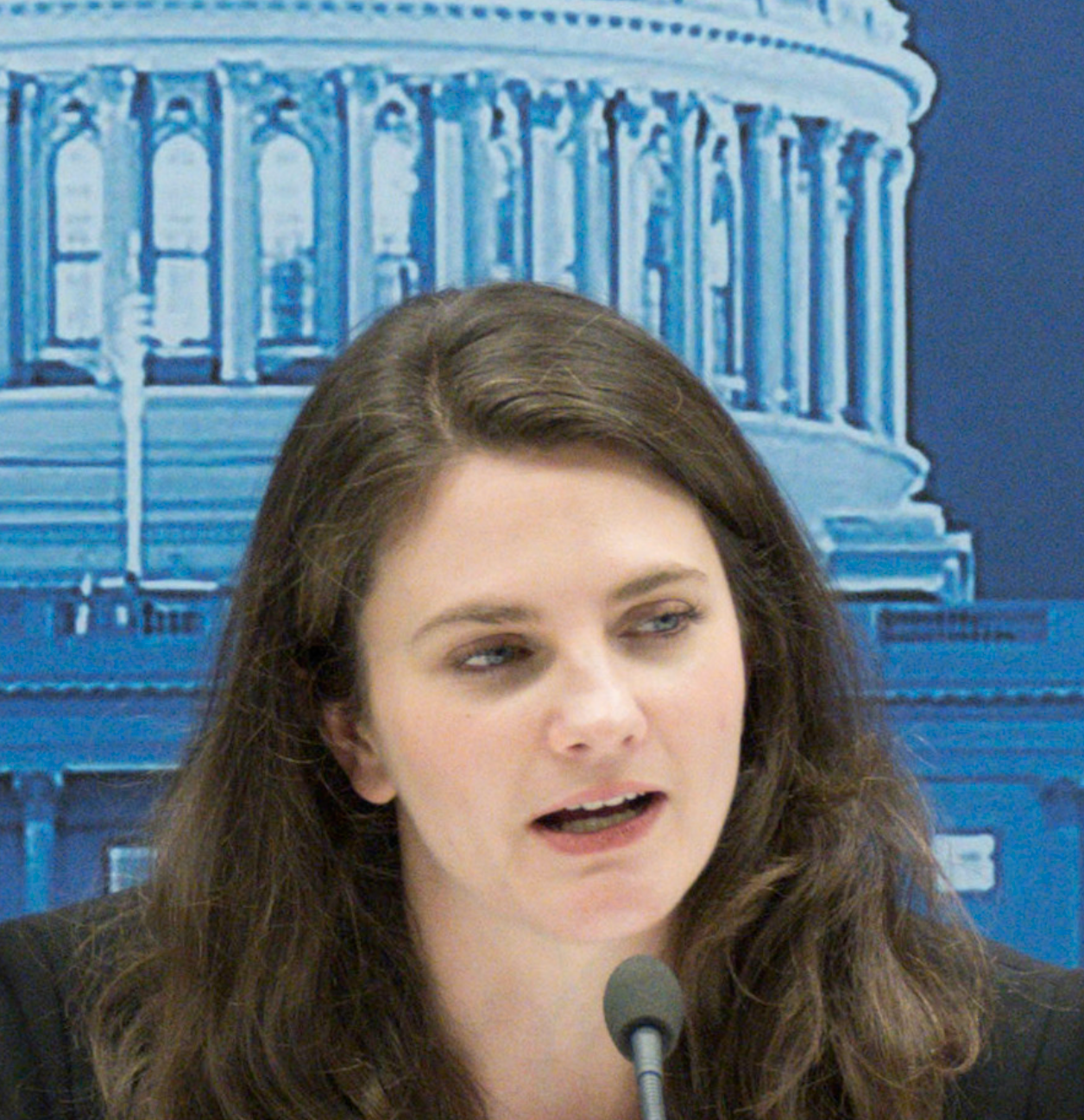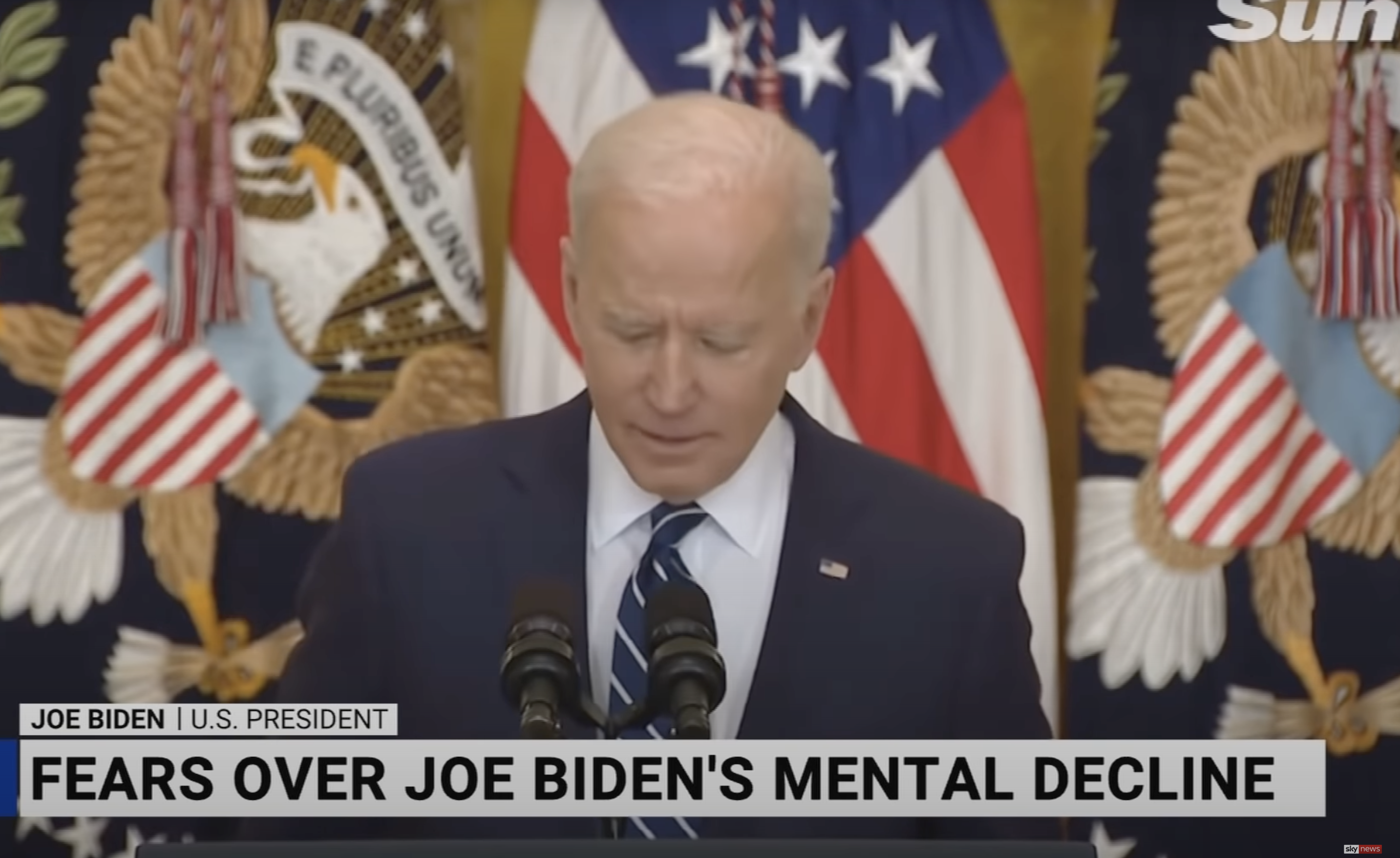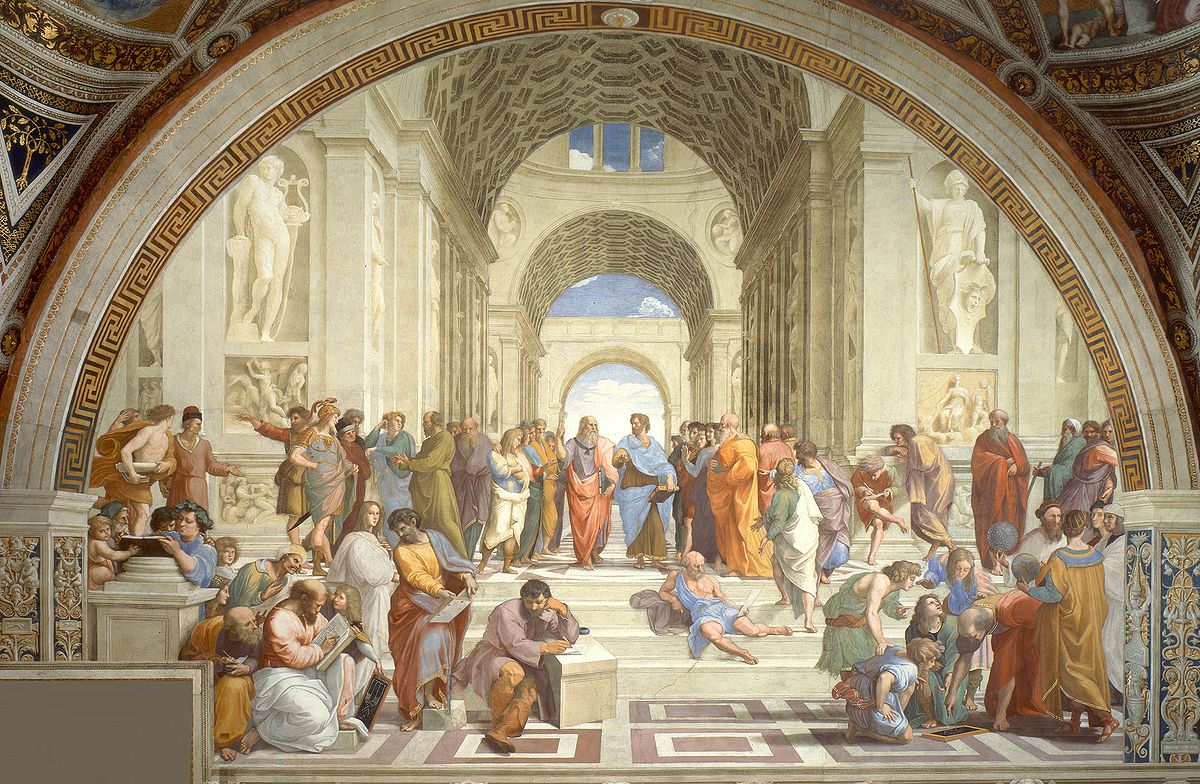The Role of Ideology in Politics
The School of Athens, a place for the development of ideologies
Image Credit: Wikimedia Commons/Raphael (1505)
Many of the people with whom I have talked over my lifetime, if indeed not most, hated the idea of ideology. Often this is because they have seen ideologies run amuck to create great evil, as in the ideology of fascism during World War II, or the closely related ideology of communism during the Cold War. Many times they disliked ideologies because of the perception they were too abstruse, too unrelated to reality. People often pride themselves as pragmatic, not ruled by the dictates of any theory. Instead they imagine themselves guided by their experiences, by the tangible, by observations of what works and what does not.
Patterns, Patterns Everywhere!
And so they should! Ideas divorced from reality can only direct us to error and disaster, as the world tragically experienced with both fascism and communism. Yet the abhorrence of ideology is also an error that can cost us dearly. Once we start perceiving connections between events and noticing correlations and causalities, we are by definition creating our own personal ideology, our world-view. To disdain considering someone else’s ideological view of a social problem is to reject a possibly real and useful mental map of what causes what.
For an ideology is a system of ideas and ideals. As an example of one of the most useful and successful ideologies in human experience, consider the discipline of physics. “Wait!”, you exclaim. “Physics is a science, not an ideology!” I have to admit physics is not usually examined through the lens of the idea of ideology, but physics is nothing if not a system of ideas about the causal connections between physical events. In addition, it possesses a set of values about the best way to find and communicate those causal connections. To eschew physics because it is an ideology is to reject all the useful things we can get from it, such as electric power, computers, cars, and airplanes.
Yet, the ideologies we create must always be compared with observations of tangible reality. Any halfway realistic ideology is going to consist of a union of complex subsystems of ideas, some of which may be in error to one degree or another. As in a science, the only way for a person to check that he or she has not been led into error is for that person to constantly compare ideological predictions against observed reality. This is especially true for economic schools of thought, such as the various forms of Keynesianism, socialism, and neoclassical economics. With the advent of the internet, any ordinary citizen has at their disposal the means to make multiple checks on how ideologies fare in describing reality; and many of the ideologies of interest have built up a fairly long history to check.
Politics Is Not Possible Without Ideology
The biggest problems we have, the ones we all share, are almost by definition the ones we attack through politics. In order for any politician to address our multifaceted problems, he/she would need to use a complex of ideas to show how problems can be solved with a minimum of collateral damage. Because of this, any political contest becomes an ideological combat between the parties.
The inspiration for this essay came from the post Trump’s Mission To Make America Great Again: How It’s Been Done, How He Can Do It Again on the Breitbart website. In trying to explain the political appeal of Donald Trump, the author, James Pinkerton, quoted Peggy Noonan to the effect:
They [the Trump supporters] believe that for 16 years Presidents Bush and Obama were largely about ideologies. They seemed not so much on America’s side as on the side of abstract notions about justice and the needs of the world. Mr. Obama’s ideological notions are leftist, and indeed he is a hero of the international left. He is about international climate-change agreements, and leftist views of gender, race and income equality. Mr. Bush’s White House was driven by a different ideology—neoconservatism, democratizing, nation building, defeating evil in the world, privatizing Social Security.
Pinkerton makes the point that “A key point to remember about American Greatness is that you can see it: It’s tangible.” That is, the ideological approaches of Bush and Obama deceive, but the tangible, pragmatic approach of Trump delivers the goods. We can tell if we are prosperous from our own well-being. If we are winning our wars and killing our enemies, we not only know it, but so does our enemy. Pinkerton states:
And now, in politics, Trump brings his emphasis on the real, and the tangible, with him as he enters the political arena. When he says, “Build a wall on the US-Mexican border,” everyone can visualize it. … No, Trump has never been about intangibles—theories. In business, he made real things, and now, in politics, he describes the real things he will do in office. Real things, we might add, that are in service to America.
These reflections beg the question of just how Trump can be sure his proposals will have all the good effects he envisions. Some results, such as the reduction of illegal immigration through building a border wall, are easier to predict than others. To be able to predict implies some ideas about connections and causes, which imply an ideology. However, a very real problem with Trump is his ideas are constantly shifting and inconsistent. On one day he suggested that taxes on the rich and on businesses will probably go up, followed shortly by a “clarification” that “they might have to pay a little bit more than my proposal.” A similar kerfuffle was created by Trump’s recent shifting remarks about wages in general and about the federal minimum wage. Worst of all was an initial suggestion he would allow default on the national debt, followed shortly by a shift to a statement that he would inflate it away with money creation. He declared, “You never have to default because you print the money.” This is a position truly worthy of Paul Krugman!
Another inconsistency in Trump’s positions related to the national debt problem is his promise to cut taxes, while at the same time refusing to consider cutting run-away entitlement spending — spending on social security, medicare, and medicaid. Within two decades, the rise in entitlement spending will, in the estimation of the Heritage Foundation, absorb approximately 34% of U.S. GDP by 2035! That is a little more than one-third of the total economic output of the United States. Since the federal government typically receives only around 20% of GDP in revenues, the growth of entitlements together with payment of interest on the national debt should absorb every single penny of federal revenues within one to two decades.
All of this suggests the more complicated an issue is, the more likely Mr. Trump will fly by the seat of his pants and tell an interlocutor what Trump thinks he wants to hear. The problem with Trump is he does not seem to possess a well-developed ideology to guide him! If you are going to participate in an ideological blood sport, there really is no substitute for a strong, well-developed ideology. An absolute requirement for any politician is an ideology that is hopefully both self-consistent and consistent with observed reality.
Views: 3,500























